1. Harley-Davidson
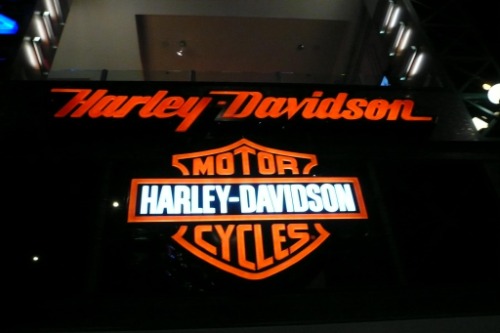
Harley-Davidson motorcycles once roared as the ultimate symbol of freedom and American road culture. Known for their growling engines and uncompromising quality, Harleys were beloved by riders who wanted machines that felt as powerful as their dreams. However, in the 2000s, the company began outsourcing the production of certain parts to countries like China and India. While the bikes are still assembled in the U.S., the shift marked a turning point in the brand’s identity.
This outsourcing wasn’t just a logistical decision—it created a disconnect between the brand and its fiercely loyal customer base. Riders who once saw Harleys as uniquely American started questioning what they were paying for. Even though Harley-Davidson remains an iconic name, the move away from fully American-made craftsmanship made it harder to sustain the emotional connection that once fueled the brand’s legendary status.
2. KitchenAid
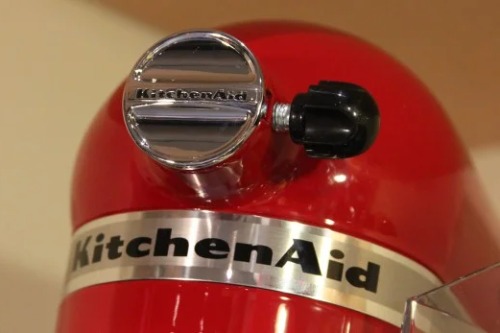
KitchenAid mixers are a beloved fixture in American kitchens, renowned for their durability and timeless design. For years, the iconic stand mixers were proudly made in the U.S., with their solid build and reliable performance earning legions of fans. But in recent years, parts of the manufacturing process have been outsourced overseas, leading to questions about quality.
While the mixers are still assembled in the U.S., some of the components don’t have the same feel or lifespan. For home cooks and bakers, the reliability of a KitchenAid was part of its charm—it was a one-time purchase that lasted decades. The shift toward outsourcing hasn’t diminished the brand’s popularity, but it has introduced doubts about whether today’s models will live up to their storied predecessors.
3. Fisher-Price
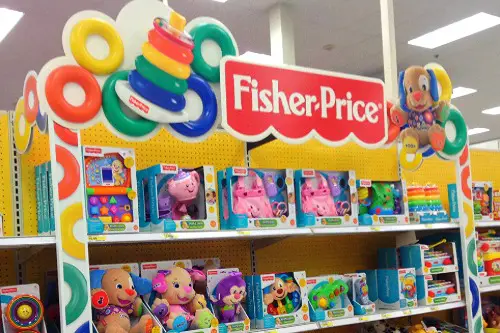
For generations, Fisher-Price toys were known for their quality and safety, making them a trusted name for parents and kids alike. The brand’s American-made origins were a point of pride, representing a commitment to child-friendly craftsmanship. However, as production shifted overseas, issues with quality control began to surface.
Some toys were recalled due to safety concerns, damaging the brand’s once-unshakable reputation. Parents who grew up with Fisher-Price now had to think twice about its reliability. While the brand remains a giant in the toy industry, its status as an untouchable icon has been irreparably altered.
4. Radio Flyer
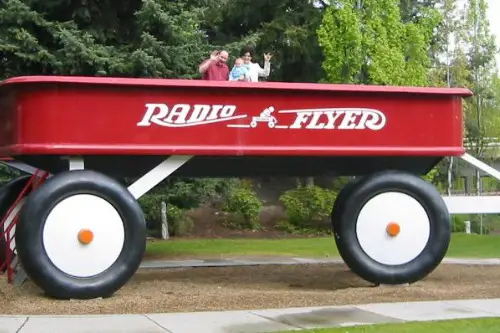
The red Radio Flyer wagon was once a symbol of childhood in America, sparking joy and adventure for generations. Founded in Chicago in 1917, the company took pride in crafting sturdy, all-metal wagons that could withstand endless playtime. However, by the early 2000s, much of Radio Flyer’s production moved overseas to cut costs. While the brand still thrives, the nostalgia tied to its American-made roots isn’t as strong as it used to be.
Outsourcing led to cheaper materials and less durability, which parents who grew up with the brand noticed immediately. The original wagons had a certain weight and feel that new ones just don’t replicate. While Radio Flyer has expanded its product line and remains beloved, its connection to the golden age of American manufacturing has undeniably faded.
5. Craftsman Tools
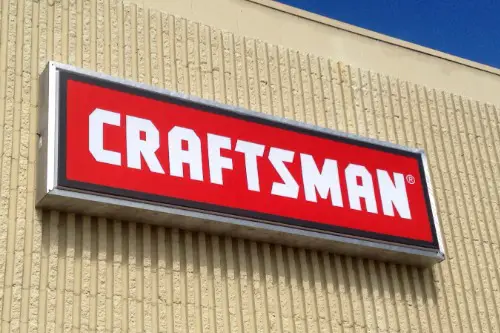
Craftsman Tools were once the gold standard for American DIYers and professionals alike. Known for their lifetime warranty and durable build, they were a staple in workshops across the country. However, in the early 2000s, Sears outsourced much of Craftsman’s manufacturing to China. The change marked the beginning of a decline in both quality and consumer trust.
Longtime customers noticed tools that broke more easily and didn’t feel as solid as before. Craftsman’s reputation as a dependable, American-made brand eroded, leaving a void for loyal users who valued its promise of reliability. Although the brand has since been acquired by Stanley Black & Decker, the legacy of “built to last” craftsmanship hasn’t been fully restored.
6. Levi’s
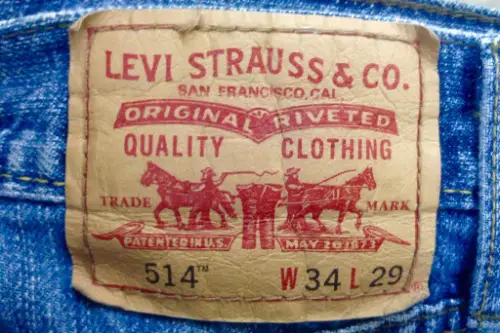
Levi’s jeans were once a symbol of rugged American ingenuity and timeless style. From their origins as durable workwear for miners and ranchers, Levi’s became a cultural icon, embraced by everyone from rebellious teenagers to rock stars. Their “Made in the USA” label wasn’t just a tagline—it was a promise of quality and authenticity. But in the 1990s, the company moved most of its production overseas to cut costs. While Levi’s still sell millions of jeans worldwide, many loyal customers noticed a decline in durability and craftsmanship.
The magic of a pair of Levi’s wasn’t just in the fit—it was in the story they told about American grit and independence. Outsourcing didn’t just change where the jeans were made; it changed what they represented. By prioritizing volume over quality, Levi’s risked losing what made them an enduring part of American culture. Today, some consumers still hunt for vintage Levi’s to recapture the spirit of the brand’s glory days, a testament to how outsourcing dulled its shine.
7. Black & Decker
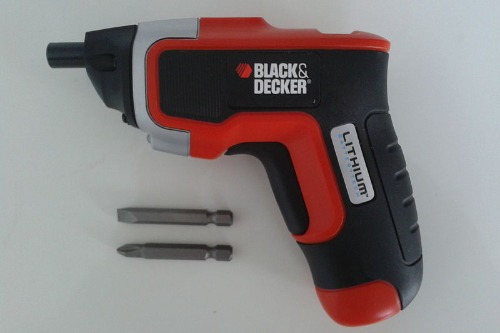
Black & Decker was once synonymous with dependable, American-made tools. For decades, the company set the standard for innovation and quality in power tools and home appliances. However, as production moved to countries like China and Mexico, many loyal customers noticed a dip in quality.
Outsourcing might have made the tools cheaper, but it also made them less reliable, tarnishing the brand’s reputation. For those who remember when a Black & Decker drill was a lifetime investment, the current offerings feel like a far cry from their glory days. The brand still commands a significant market share, but the trust it once enjoyed has been diluted.
8. Hershey’s
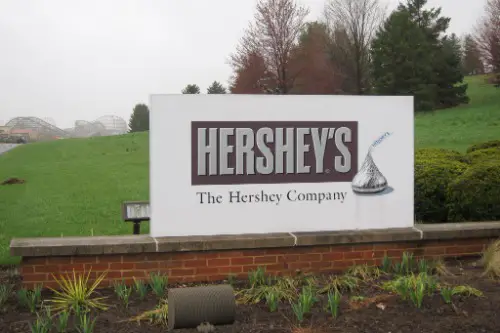
Hershey’s chocolate is as American as apple pie—or at least it used to be. Known for its classic milk chocolate bars and Kisses, Hershey’s represented comfort and nostalgia for millions. But in 2007, the company outsourced some of its production to Mexico, citing cost concerns.
The change led to complaints from customers who claimed the taste and texture weren’t the same. Hershey’s had always been more than just candy—it was a connection to cherished childhood memories. By moving production away from its Pennsylvania roots, the brand risked losing the emotional connection that made it special.
9. Converse
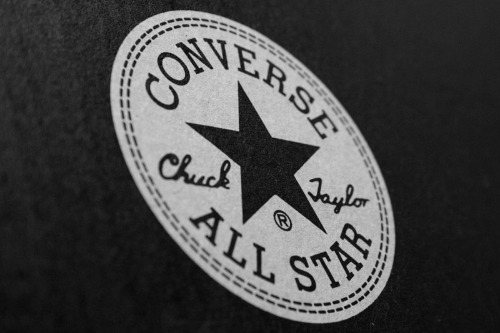
Converse All Stars, or “Chucks,” were a staple of American culture for nearly a century. From basketball courts to rock concerts, these sneakers were loved for their simplicity, durability, and unmistakable flair. But in 2001, after struggling to stay afloat, Converse was forced to shut down its U.S. factories and outsource production overseas. Nike eventually bought the company, and while the shoes remained popular, something changed.
The new versions lacked the rugged build of their predecessors, and longtime fans noticed. For many, the magic of Chucks was tied to their authenticity—shoes that could take a beating and still tell a story. Outsourcing shifted the focus to mass production, eroding the unique charm that had made them a cultural phenomenon. Today, they’re still stylish, but their legacy as a scrappy American icon feels less authentic.
10. Coach
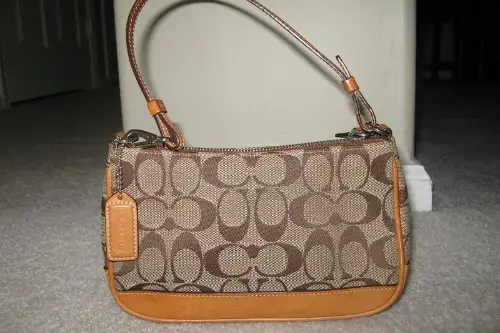
Coach handbags were once a beacon of American luxury, known for their impeccable leatherwork and understated elegance. Each bag was crafted with care, embodying the essence of New York chic. But in the early 2000s, the company began outsourcing production to countries like China and Vietnam, reducing costs but also changing perceptions.
For loyal fans, the appeal of a Coach bag wasn’t just its design—it was the knowledge that it was made with painstaking attention to detail. Outsourcing diluted that perception, making the bags feel more like mass-market products than artisanal pieces. While Coach has pivoted to a more global strategy, its roots as an American luxury brand have become harder to identify.
11. Wrangler

Wrangler jeans were a cornerstone of American workwear, trusted by ranchers, cowboys, and outdoor enthusiasts. Their durability and classic style made them a favorite for those who valued function over fashion. But like many other brands, Wrangler outsourced much of its production in the 2000s to reduce costs.
The shift left fans questioning whether the new jeans could hold up to the demands of daily wear like the originals did. Wrangler’s identity as a rugged, all-American brand suffered, as consumers felt the connection to its Western heritage fade. While the brand still carries weight, its glory days as a symbol of American resilience feel increasingly distant.


